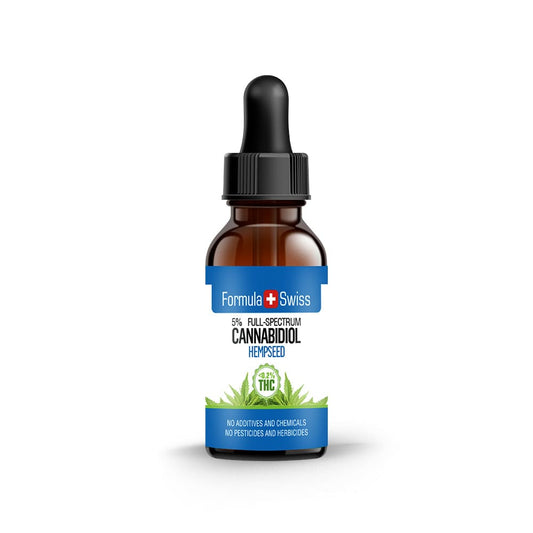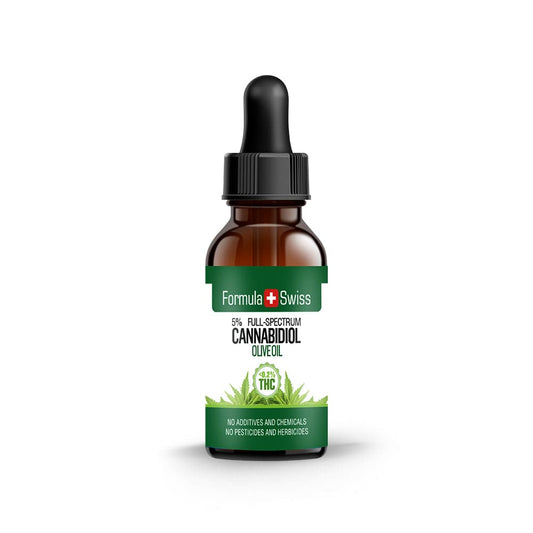Psilocybin Study Shows Promise for Reducing Stress in First Responders
A recent study suggests that psilocybin, a psychoactive compound found in psychedelic mushrooms, may offer significant mental health benefits to first responders facing high levels of stress and occupational burnout.
The research, published in the Journal of Psychedelic Studies, highlights the positive impact of a single session with psilocybin in improving several psychological measures.
Understanding the Study's Findings
The research was conducted by experts from the University of Northampton, the Alef Trust, and the University of Greenwich. It involved five emergency medical service workers (EMSWs) who took a single self-administered dose of psilocybin. Interviews were conducted both before and after the psilocybin experience.
Results indicated a visible improvement in occupational burnout (OB) symptoms just two weeks post-session, with the effects remaining stable over two months.
Participants reported less reactivity to stressful events, lower post-traumatic stress disorder (PTSD) symptoms, and a reduction in job burnout. Additionally, the study found higher levels of compassion satisfaction, contributing to a sense of well-being among the participants.
Wider Implications for Mental Health Solutions
The potential benefits of psilocybin in addressing occupational burnout extend beyond the individual. The researchers suggest that improving the mental health of first responders could positively impact their work environments and the quality of care provided to patients.
These findings highlight psilocybin as a possible alternative approach to addressing the high levels of stress and mental illness experienced in the first responder community. In a broader context, the study aligns with growing interest in psilocybin for its potential mental health applications.
The National Center for Complementary and Integrative Health (NCCIH), part of the National Institutes of Health, has also acknowledged the possible benefits of psilocybin in treating conditions like anxiety, depression, and alcohol use disorder.
The Research Behind Psilocybin's Mental Health Applications
The study adds to a body of research that continues to explore the effects of psilocybin on mental health. Various studies have shown its potential to address issues such as PTSD, chronic pain, and mood disorders.
While the findings are promising, it’s important to recognize that much of the research is still in its early stages, and psilocybin remains a controlled substance in many regions.
Nonetheless, the reduction of occupational burnout in EMSWs through a single session of psilocybin offers hope for future mental health treatment options, particularly for those in high-stress professions.
Personal Perspective
I'm amazed by the potential of psilocybin to help those dealing with work stress. A single session could make a huge difference. This shows how powerful this compound might be in reducing stress.
Though further research is undoubtedly needed, this study presents an exciting possibility for addressing mental health challenges in a new and innovative way.







